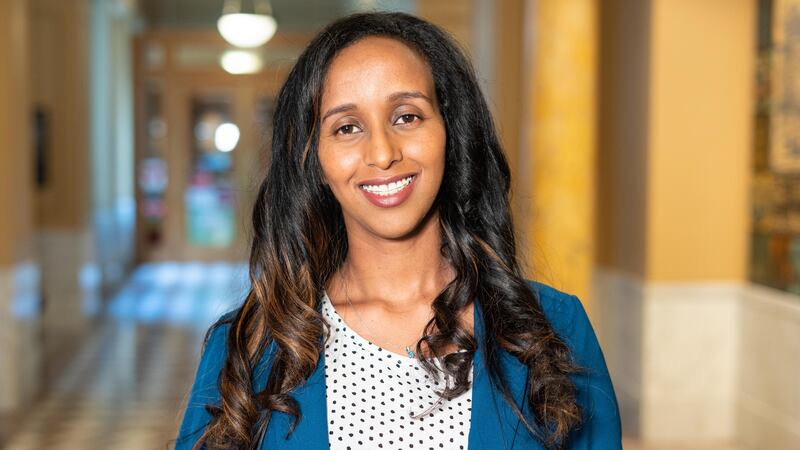WW presents "Distant Voices," a daily video interview for the era of social distancing. Our reporters are asking Portlanders what they're doing during quarantine.
For Winta Yohannes and Cupid Alexander, a highway is just a means to get somewhere.
Their destination: They want to restore the largest Black neighborhood in Portland, a neighborhood that was displaced by civic urban renewal policies of the latter half of the last century. Those policies forced a diaspora of Oregon's Black citizens. A nonprofit called Albina Vision seeks to restore those scattered communities.
Each person is working toward that shared goal from opposite sides. Yohannes is the managing director of Albina Vision Trust, while Alexander works in Mayor Ted Wheeler's office as the director of strategic initiatives.
Albina Vision Trust and the mayor's office both made headlines this week by revoking their support for an expansion of Interstate 5 in the Rose Quarter. The withdrawal by the nonprofit set off a chain reaction of local elected officials abandoning the highway widening—a crushing blow to a nearly billion-dollar transportation project.
Yohannes and Alexander say the highway isn't what matters. Instead, they argue, Portlanders should see the critical issue as restoring a neighborhood that was ripped away from its residents, and judge the I-5 project by how well it serves that goal.
In a conversation with WW Editor Mark Zusman, Yohannes and Alexander discuss why they walked away from the highway, what role caps played in the breakdown in talks, and whether returning Black residents to the Albina neighborhood should be considered reparations. (Spoiler: No. But you have to watch to find out why.)
